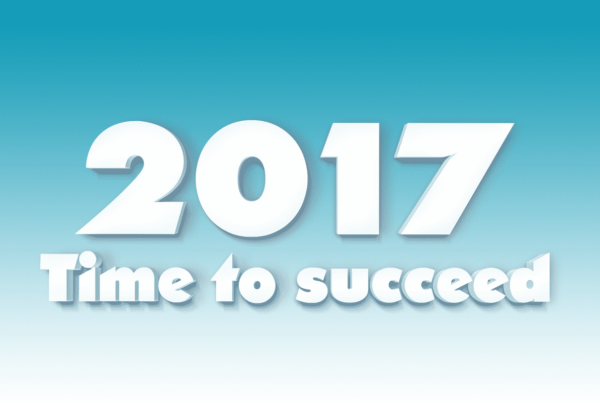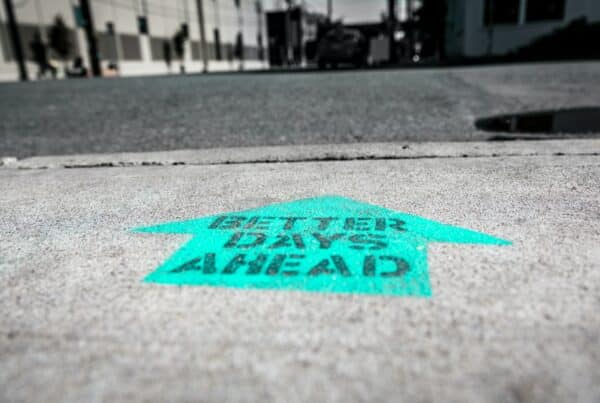How to Spend Your Tax Refund & Stimulus Check in 2020
How to spend your tax refund is a common question I receive this time of year. If your income has not been impacted by the coronavirus, here are eight ways you might spend your tax refund and stimulus check in 2020:
- Beef up your savings account
- Pay off debt (credit cards, automobiles, student loans, personal loans, etc.)
- Create an emergency fund, if you don’t already have one
- Making a contribution to your retirement plan (Roth IRA, Traditional IRA, 401K, etc.)
- Making extra principal payments on your mortgage or home loan
- Investing into the stock market, bonds, or other financial instruments (ideally with a financial advisor to guide you)
- Reinvesting the money into your business, if you are a business owner or self-employed
- Buying up Costco’s entire stock of toilet paper*
*Just kidding on this one, of course!
By the way… except for the joke about toilet paper, these are all Money Coach Approved ways to spend your tax refund. Moreover, these options are just as viable now with the coronavirus pandemic as they were before. In fact, being smart with your tax refund now is more important than ever before.
If you have been financially impacted by the coronavirus, here is what you can expect from the CARES Act. By the way, the stimulus package was signed into law on Friday, March 27th.
- You may receive a check – $1200 Single, $2400 Married, $500 per child under 17
- You will not have to pay Federal Student Loans for 6 Months
- You may receive more money through unemployment extended 13 more weeks
- You don’t have to file or pay your taxes until July!
- Your health insurance company must cover COVID-19 testing, treatments, and vaccines
- You can postpone your mortgage/rent, auto, credit cards, and insurance payments (call directly to your lenders, landlords, banks for detail)
If this is you, I have one suggestion only – hold on to your cash! This is the time to stop spending money on everything but basic needs. I am not kidding. You will be making the smartest choice of your life, and when this is over you will have a new money mindset. What a gift!
Your Tax Refund in 2020 with the Coronavirus
Your ears may perk up this time of year as you wonder to how to spend your tax refund. Of course, right now, we are all looking for some good news and economic relief.
What crazy times we’re living in. I hope all of my readers are safe and able to calm their anxieties in this time of social distancing. Taking a break from other people, while paramount to our health and flattening the curve at this time, can have other mental implications for a large portion of the population. Isolation causes us to ruminate over whatever we’re facing, amplifying the noise to an uncomfortable level for some of us.
You can always count on taxes to march on, even during a pandemic. Hopefully you have already had a chance to assess 2019 and maybe some of you are even getting a little money back. While a tax refund windfall can be exciting, what you do with it can be telling of your money story. It also has the potential to help you move the needle on your overall financial goals. Let me encourage you not to fritter that money away.
Planning for Your 2020 Tax Refund
If you know there is money coming down the pipeline, you should plan exactly how to spend your tax refund!
It’s easy to delegate that task to your future self. It’s easy to have confidence that your savvy investor side will make good future-decisions, until you are holding a check for a couple thousand dollars in your hot little hand. All of a sudden, you remember the new Spring line just came out at Neiman Marcus or your car needs tires and like that, it’s gone.
We’ve talked about how money shame shapes our spending behaviors without our consent. We become so mired in a spending cycle that we can’t picture any way out. You have to address that story before you can expect anything from your tax refund.
Unless you are paid bonuses or have an irregular salary that can spike from commissions, being handed $2000 or $3000 with no monthly expenses attached is an unusual occurrence, emotionally and psychologically. This money doesn’t have the trappings of a time stamp. Your first instinct may be to hide it from your family. You may be thinking of ways you will treat yourself because you deserve to spend it.
Does Your Tax Refund Support Your Financial Plan?
Your tax refund should support your financial plan. If you don’t have a financial plan, then you can simply follow some best practices
If you are in the process of improving your finances, a lump sum like a tax refund can help boost your momentum with little effort. Likewise, if you are digging out of high-interest credit card debt, it’s a fast payment to get ahead. And if you are paying ahead on your mortgage, it’s a big payment forward that can shave years off that note, especially if you make a habit of putting found money towards that debt.
If you don’t need to put it toward debt, what a great addition to an IRA where that money will grow to help future you. Each year, individuals can put up to $6000 in an IRA (up to $7000 if you are over 50 years old), and that money grows tax sheltered. If you take home the average tax refund of $2800, it could grow to nearly $6000 in 15 years if we assume a modest 5% annualized return.
Also, the current low market is the perfect time to invest. While I cannot guarantee you returns, historically the stock market has come back from dips like this with big growth. The lows we are experiencing now are not due to a financial crisis like in 2008. The uncertainty of the virus is wreaking havoc on supply and demand as people pull back from the workforce and restrict their spending. Once the virus is contained or has run its course, the pressures on the market should let up.
If you are feeling anxious about your personal finances while we are all trying to flatten the curve, you might want to use this money to pad your emergency fund. The economic downturn has certainly raised concerns about resilience with less income and in some cases, no income for a while. If you are facing job loss and uncertainty, this time is taking a toll.
Reflection on the Times
Please know that we are thinking of you and we will get through this. YOU will get through this! The changes to your job and income are not because of anything you have done wrong, and your jobs and the part you play in your local economy are important.
Many lenders and creditors are willing to work with you on extending and skipping payments as an estimated 18% of American households have been financially impacted by coronavirus. Additionally, there is relief coming in the form of government stimulus. The HUD has suspended evictions and foreclosures on anyone who cannot pay on their FHA-insured mortgage. Many utility companies have a freeze on discontinuing services for their customers.
Final Thoughts
Whether you are using your tax refund to pay down high-interest debt, pad your emergency fund or pay-forward your mortgage, the important thing is that you have a plan before that money shows up. Sure, you could spend it on something frivolous to “lighten the mood” while we’re all stuck at home, or to “celebrate” your windfall, but imagine the feeling you will have when you get that credit card statement and it is thousands less than the last one. That feeling sure beats whatever buyer’s remorse you would already be feeling from your latest big purchase.
Another thought on your tax refund. It’s not just free money. A tax refund is money you overpaid throughout the year to the government. If you routinely get back large refunds at the end of the year, consider adjusting your withholdings. Your refund means you are loaning the government interest-free money throughout the year. Money that could have been in your pocket earlier. Money you could have invested on your own.





